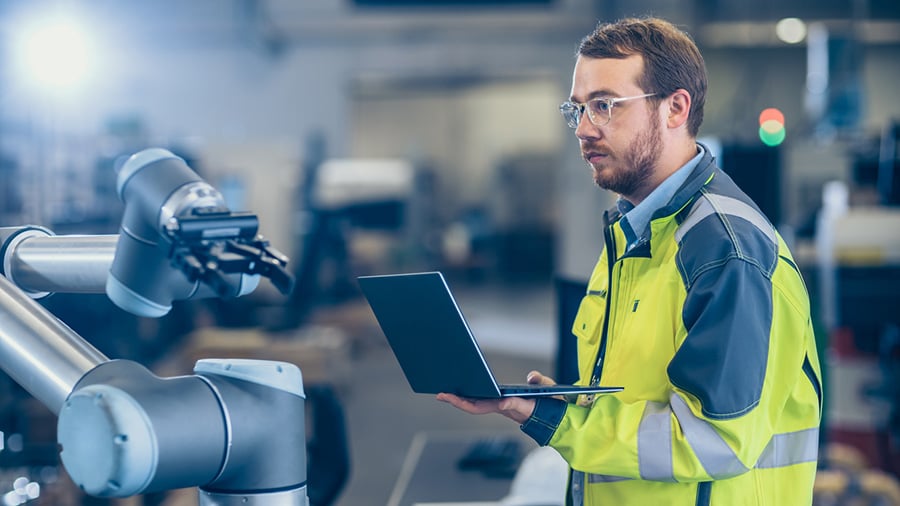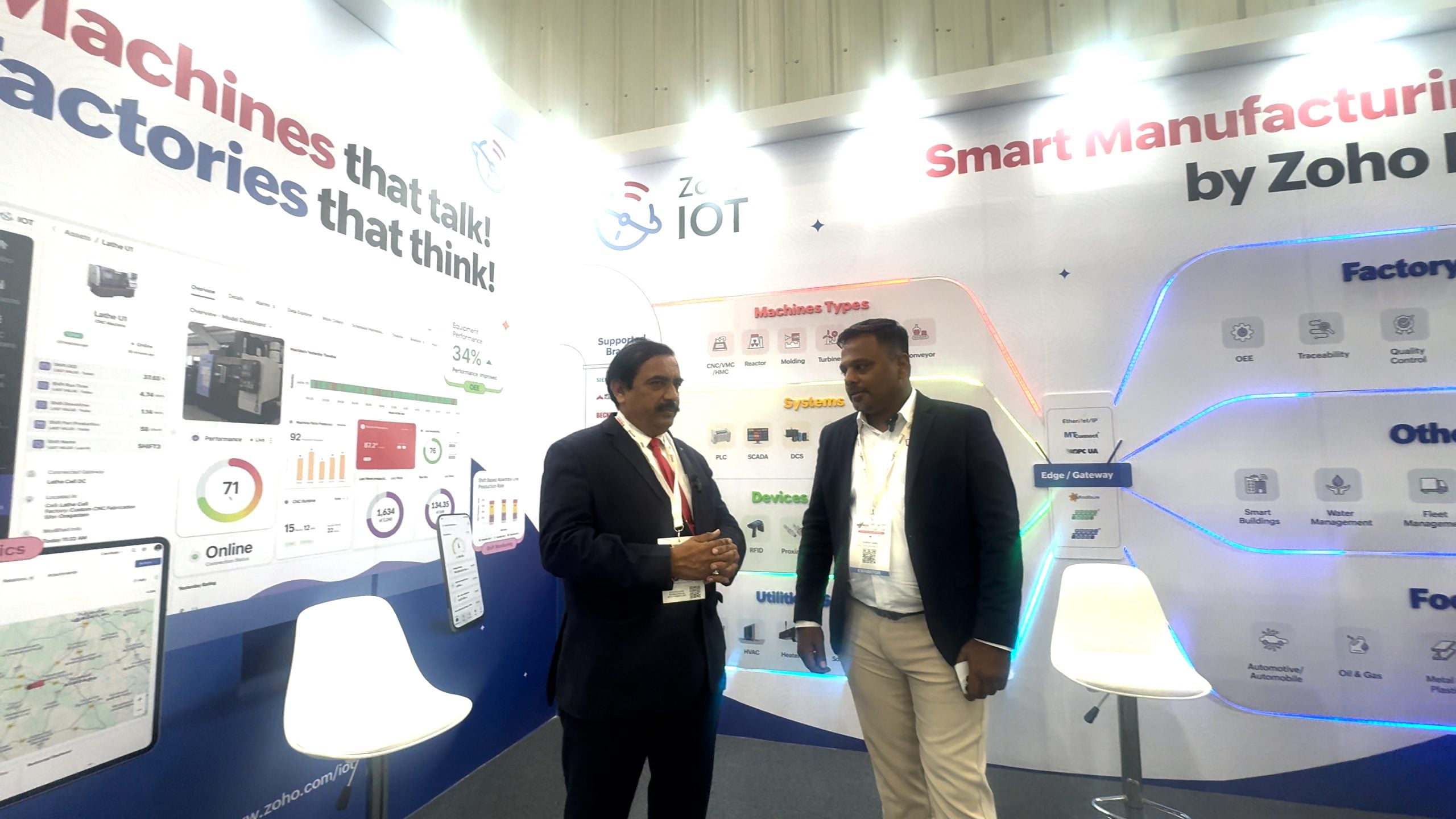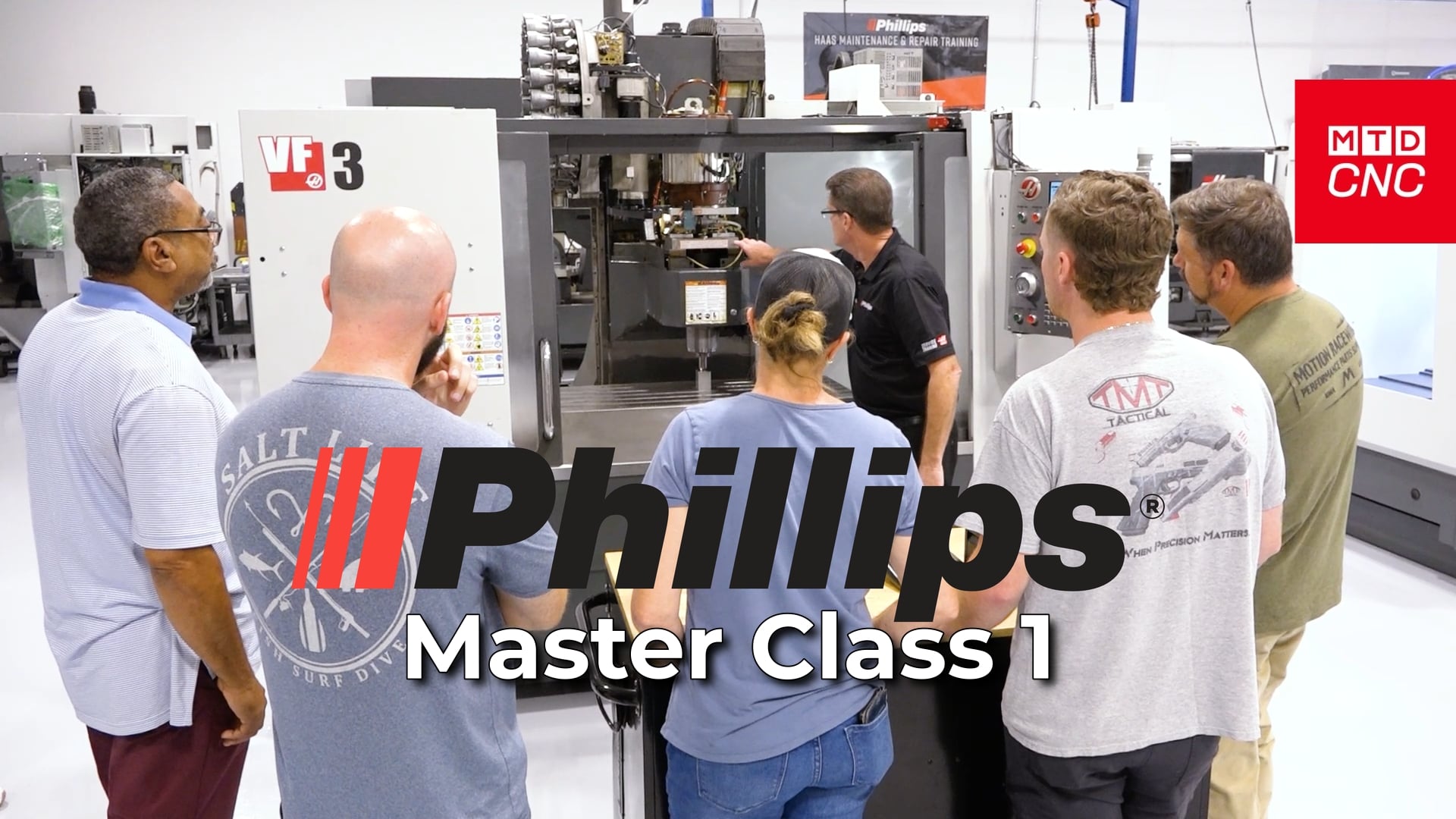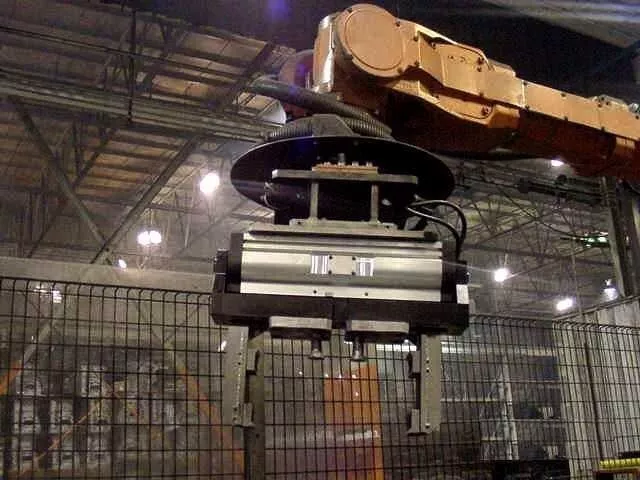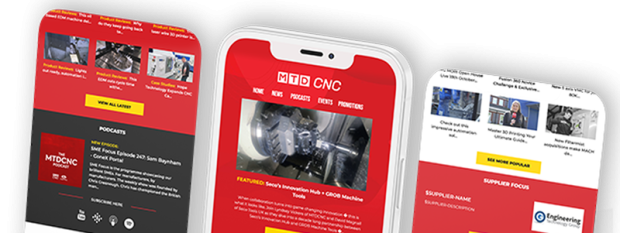
Unveiling Industry 4.0: The People-Powered Revolution in Manufacturing
Executives across the manufacturing sector are intensifying their efforts to elevate their Industry 4.0 maturity levels, according to recent research from EFESO Management Consultants and Solvace. The study reveals a widespread recognition among companies of the imperative to accelerate digital transformation, with a particular emphasis on harnessing the power of their workforce to achieve their objectives.
Industry 4.0, characterized by the integration of digital technologies such as IoT, AI, robotics, and automation, aims to revolutionize manufacturing processes by creating ‘smart factories.’ These facilities leverage data-driven insights and interconnected systems to optimize production and enhance efficiency.
Surveying top business leaders in the manufacturing domain, the research indicates that most companies perceive themselves to be halfway through their digital transformation journey. While new technologies have been introduced and are ready for scalability, the advancement may vary across different organizations.
Insights gleaned from interviews with senior executives underscore the crucial role of talent in the digital transformation journey. Amidst the technological advancements, it becomes evident that a company’s workforce should remain central to its strategy, as technologies like AI are sometimes viewed as potential replacements for human labor.
Ingo Hild, plant operations manager at AMS-OSRAM, emphasizes the importance of leveraging talent in driving digitalization efforts. He emphasizes the need to effectively utilize the capabilities of a skilled workforce to meet evolving operational needs.
Similarly, Mark Tettelaar, operations manager at Avebe, highlights the significance of automation in streamlining processes within the food and beverage industry. He stresses the goal of achieving automation levels that minimize variations, critical in highly regulated sectors like food and beverage.
Offering a glimpse into the digitalization journey of Lamborghini, Chief Manufacturing Officer Ranieri Niccoli emphasizes the comprehensive integration of digital technologies across the production process. While acknowledging the potential of AI, Niccoli suggests that its maturity level may not align with current operational requirements.
Interestingly, while AI garners significant attention in discussions surrounding Industry 4.0, the potential of metaverse solutions emerges as a promising avenue for future evolution in the manufacturing landscape. With a projected worth of $400 billion by 2030, the industrial metaverse holds the promise of transforming manufacturing processes beyond conventional realms.
Through these insights, it becomes evident that Industry 4.0 is not merely about technological advancements but also about harnessing the collective power of people to drive innovation and propel the manufacturing sector into the future.
Original source consultancy.eu


